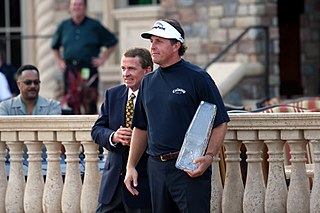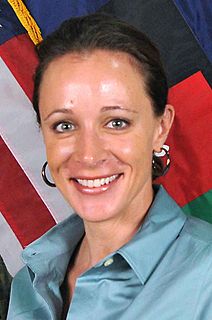A Quote by Dale Jamieson
We know the "great men" and a handful of heavily cited papers in our specialization. When there is a historical frame around a paper it's often a caricature that has become canonical.
Related Quotes
I've often wondered if the trade-off for growing up in the relative newness and freshness of the West Coast was befuddlement when it comes to historical preservation. We don't have many old things, and we don't really know what to do with the few that are around when our default response is to compost or field burn.
The papers that flourish will be papers that serve a national audience. Papers that have figured out how to make the transition to the electronic platform that aren't simply providing a duplicate experience of the words on paper experience, but are doing something that arises organically from the new electronic medium. It's really just a matter of finding the right platforms for the way people want to read newspapers. I mean, maybe it will be the iPhone. But one way or another, newspapers on paper are just not really going to exist to any significant degree within a decade.
What I say is that there are not half a dozen papers in the United States which tamper with the news, which publish what they know to be false. But if I thought I had done no better than that, I would be ashamed to own a paper. You have to make everyone connected with the paper believe that accuracy is to a newspaper what virtue is to a woman.
The superpowers often behave like two heavily armed blind men feeling their way around a room, each believing himself in mortal peril from the other, whom he assumes to have perfect vision. Each side should know that frequently uncertainty, compromise, and incoherence are the essence of policymaking. Yet each tends to ascribe to the other a consistency, foresight, and coherence that its own experience belies. Of course, over time, even two armed blind men can do enormous damage to each other, not to speak of the room.
Each of us carries around those growing up places, the institutions, a sort of backdrop, a stage set. So often we act out the present against the backdrop of the past, within a frame of perception that is so familiar, so safe that is is terrifying to risk changing it even when we know our perceptions are distorted, limited, constricted by that old view.

































